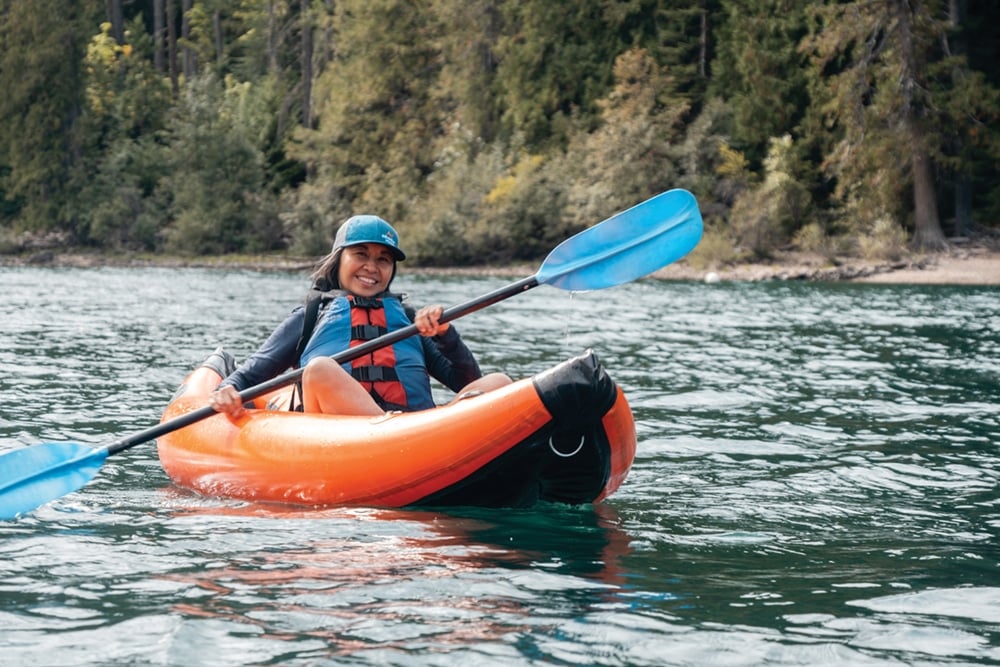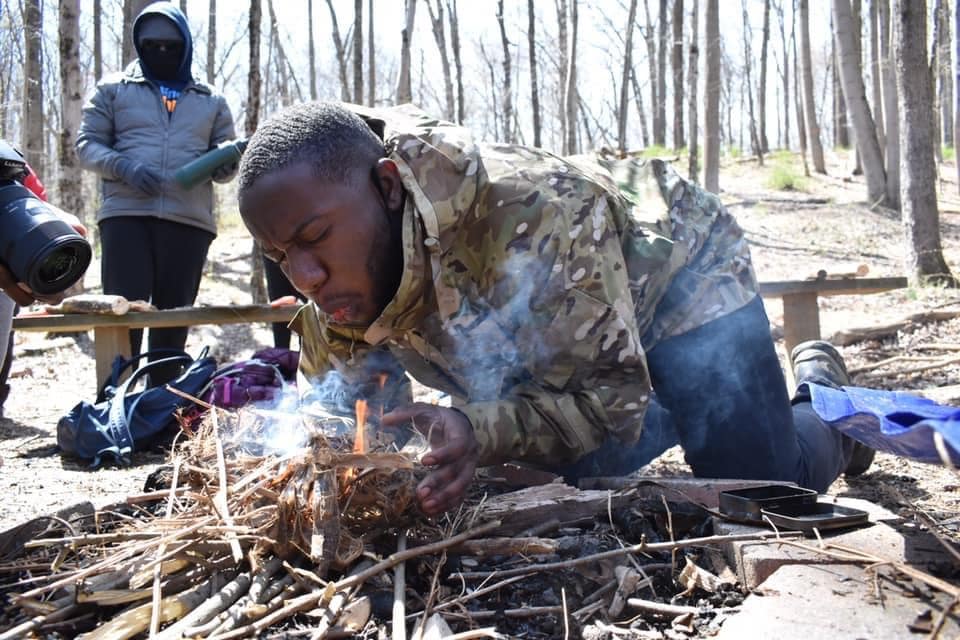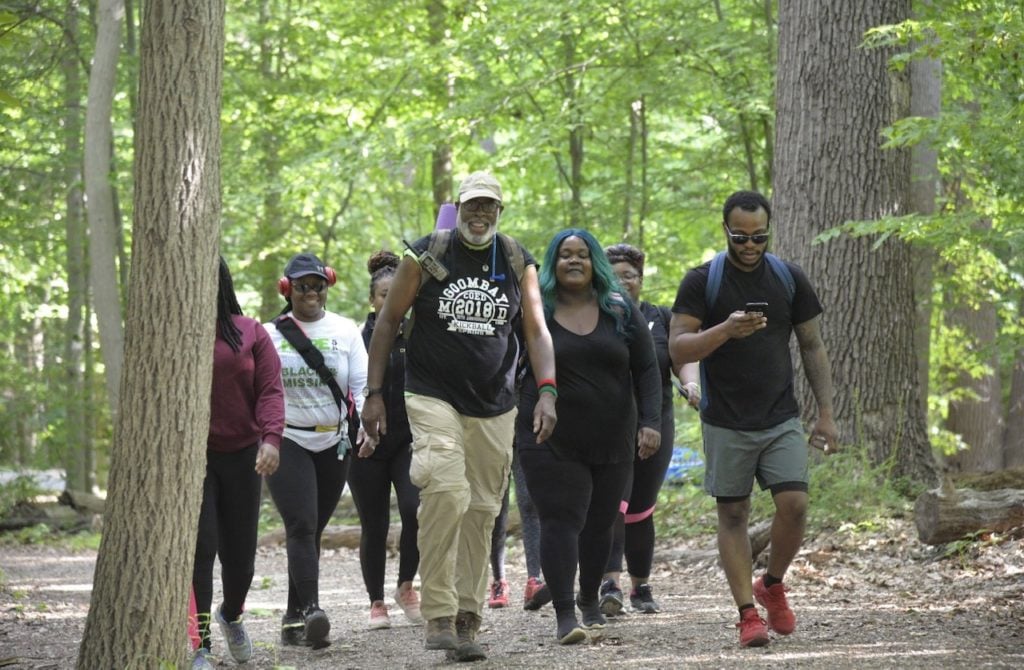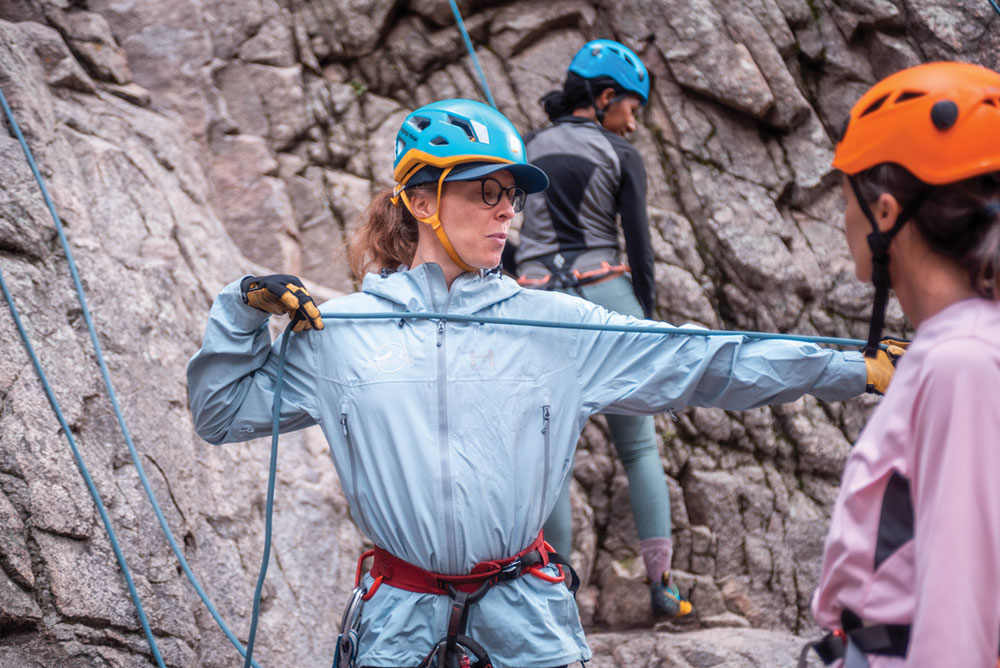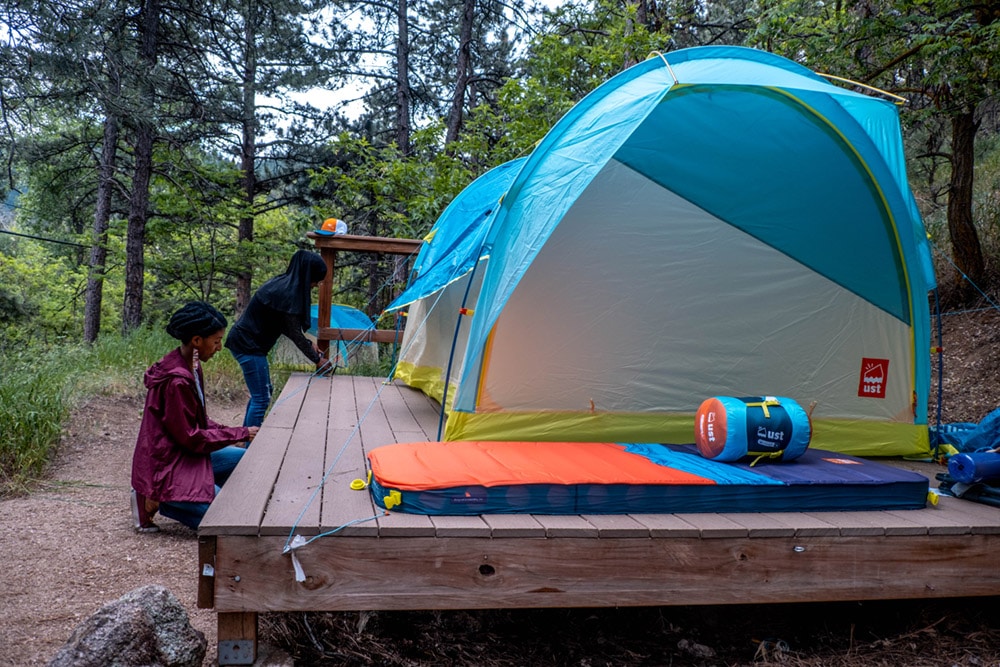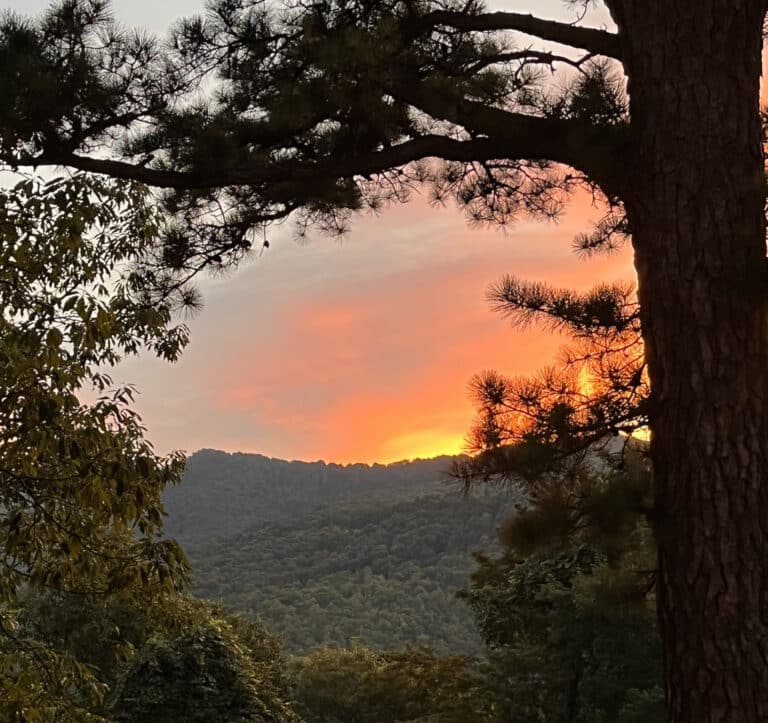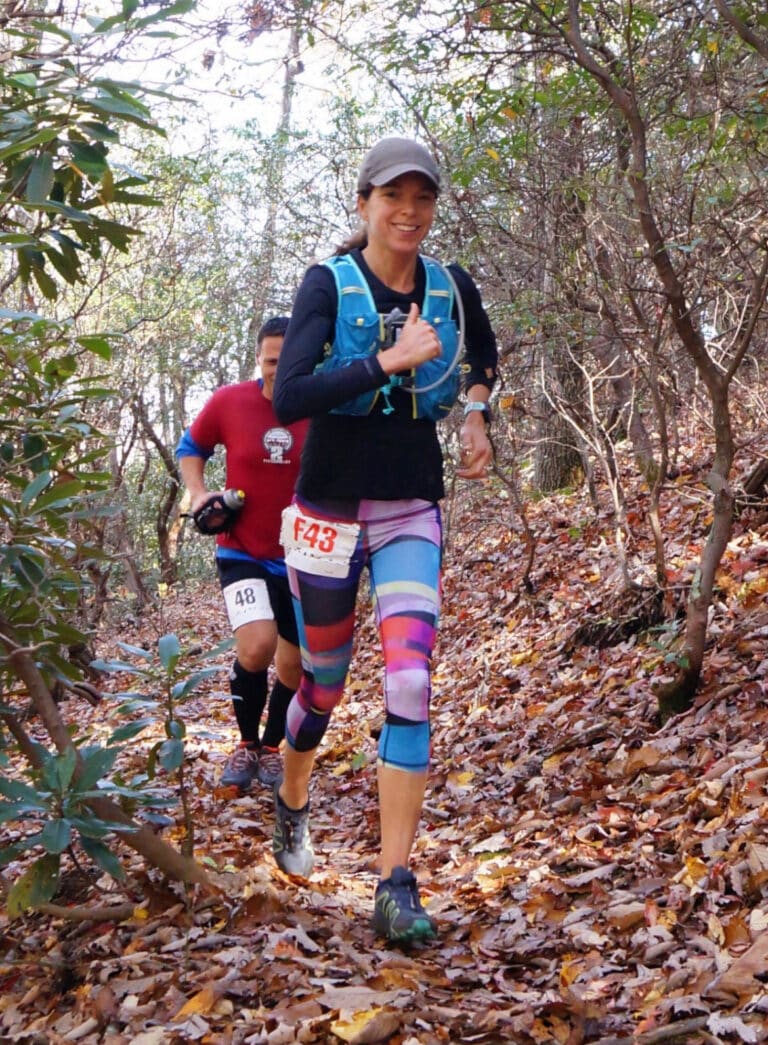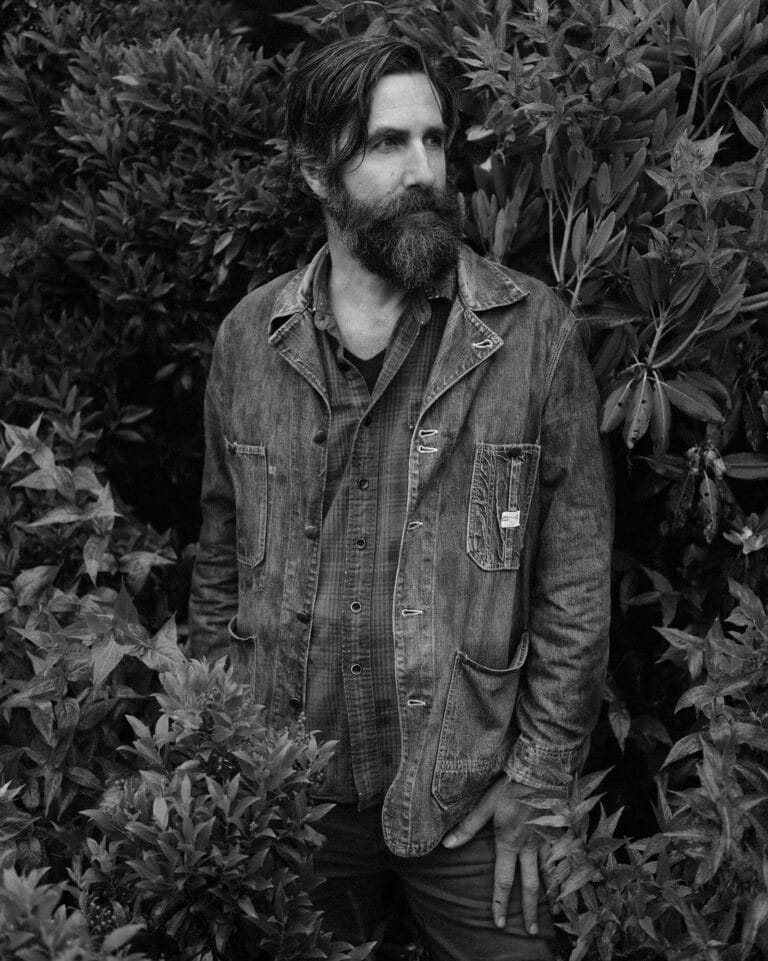Meet Blue Ridge Outdoor Education Groups Fostering Inclusivity and a Welcoming Environment in the Wild
All too often, getting outside is equated with conquering mountains, summiting peaks, and enduring challenges. But this competitive mentality obscures the fact that, for many, nature is something simply enjoyed, not overcome.
When Aaron Wolf, founder of Adventures Accessed, leads an outing, that’s what he hopes participants take away from their outdoor education. “It’s not us against nature,” he said. “We’re not going out to survive the wilderness. We’re out here to work alongside and adapt to the changes that we cannot control.”
And even in this day and age, when trail maps and how-to videos are readily available online, an experienced, welcoming guide can make a big difference when it comes to creating positive connections between people and nature. Meet organizations in the Blue Ridge empowering others to confidently explore the outdoors with an outdoor education.

Adventures Accessed leads intro backpacking courses for all ages. Photo courtesy of Aaron Wolf
Adventures Accessed
Asheville, N.C.
Coming out of the Marine Corps in 2008, Wolf found working in Chicago’s business world was a stressful environment, where many of his colleagues seemed unhappy. He found solace and therapeutic healing outside. “This was really helping me re-establish my sense of identity,” he said. “Spending time in nature was critical, and spending time in an office was the opposite of getting me back to a place I needed to be.” He eventually left his job in 2015 to start Adventures Accessed, hoping to share what he’d learned with others.
At its core, Adventures Accessed is about making space for everyone, no matter their experience in the backcountry or what gear they own. “You can show up as you. Period,” Wolf said. “You do not need to go to REI and pick up a pair of Patagonia pants or everything that’s high speed. You don’t need all of those bells and whistles.”
Although he tries to cultivate a welcoming environment, Wolf acknowledges it’s natural to have fears about trying something new in unknown conditions. His mixture of instruction and hands-on learning allows participants to feel more in control over the experience. “Starting a fire, for example, is something I like to let people try on their own,” Wolf said. “Most likely, people won’t be successful. With an understanding of why people are doing what they’re doing to start the fire, you can help them turn the gears a little bit and have them rethink the resources or the method they’re using to create sparks.”
While there’s something to putting in a dozen miles over hard terrain in a day, for Wolf, these trips are more about building connections to nature and others. “I’m going to stop and look at the flowers or that pile of poop, sit in the waterfalls, and be me,” he said. “I want other people to have that opportunity. I want people to tap into their curiosity.” He hopes participants walk away from their trip with the ability to do more than they did before, whether that’s confidence in setting up a tent or the knowledge they can hike five miles.
Wolf offers similar outdoor education for youth through his Adventure Worth Sharing Initiative. Corporate teams who sign up for a team building and strengthening trip have the opportunity to provide the same experience for youth organizations and schools.
When it comes to leading youth trips, it’s all about fostering a mindset that will follow them through to adulthood as future decision makers. “When I’m 70 years old and tired, I don’t want to see another situation where we’re repealing the Clean Water Act,” Wolf said. “So if we can enlighten and empower the young people right now to have these strong connections to the planet, then I say we will be in pretty good shape and everyone will benefit from it.”
Once participants start tuning into that relationship on one of his trips, Wolf hopes they will carry it forward into their day to day life. “I want people to understand that spending time in nature can do a lot of things for you mentally, physically, and spiritually,” he said. That doesn’t mean you always have to be spending time in the mountains. Sometimes, he added, it can be as simple as sitting on your porch and watching the birds fly around.
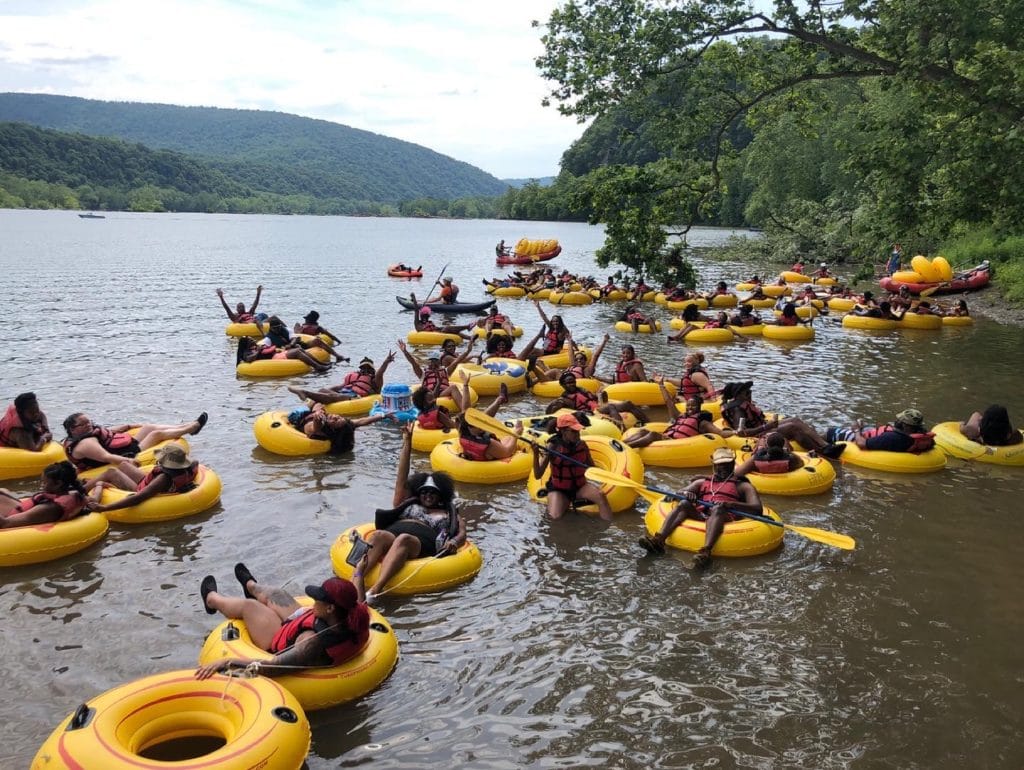
Goombay Adventures
Washington, D.C.; Charlotte and Raleigh, N.C.; Anderson, S.C.
Butch Goodwin can still remember every day of the 50-mile backpacking trip he went on with his Boy Scout troop as a young teenager. “I thought I was going to die,” he said. “I remember my scoutmasters encouraging me every day. By the end of the trip coming back on the train, I thought, ‘Wow, I did it. If I could do that, I can do anything.’” That experience on the Appalachian Trail shaped his desire to get others an outdoor education.
When Goodwin moved to D.C. in 1988, he started hosting social events for newcomers and long-time residents to meet. As the gatherings grew in popularity, Goodwin started organizing adventure outings and sports leagues, leading to the creation of Goombay Adventures. From beginner backpacking trips and wilderness survival courses to kickball and volleyball, Goombay offers a variety of activities. “I wanted to do stuff that was nontraditional to get folks out, off their couch, and try something new,” Goodwin said.
It’s that very sentiment that drew Laura Mullen to the group in 2018. As her 50th birthday approached, she was looking to do something completely different and exciting on her own. “I was looking to make a memory,” she said. Through online research, she discovered information about Goombay’s annual beach camping trip to Assateague Island. Although she didn’t know anyone else on the trip, Mullen said she immediately felt welcome as others helped her pitch her tent and invited her to join in the festivities. Outdoor education on a Goombay trip doesn’t always come through formal instruction but rather the casual sharing of information between participants.
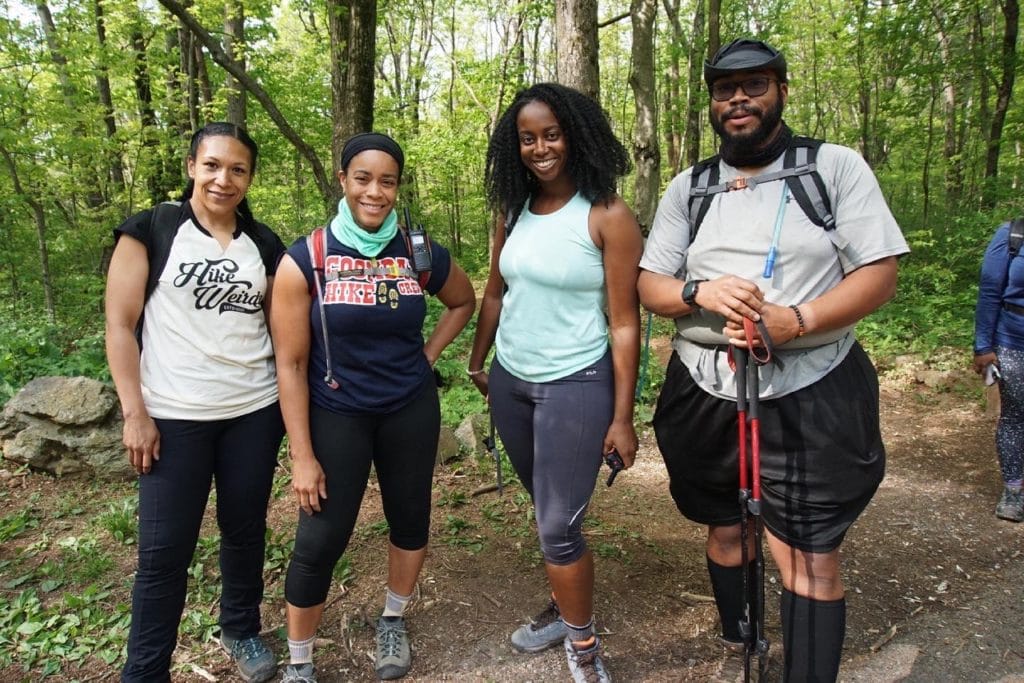
From that first trip, Mullen was hooked. In addition to regularly attending hikes, she has participated in Goombay’s backpacking trip in Virginia’s George Washington National Forest for the past three years. “It’s just the memory that I’ve done something very challenging,” she said. “That’s what keeps me coming back. I did it with a group that encouraged me.”
The multi-day trip covers steep, challenging terrain just outside of Front Royal, Va. “It really tests the person’s endurance and will to get up over this mountain,” Goodwin said. “You can hear people tell stories about how they’re so proud of themselves for accomplishing that hike. People who go on that trip start to believe in themselves that they could do anything.”
Goodwin is also conscious of creating opportunities for people who don’t necessarily want to venture into the backcountry but still want an experience outside to clear their minds. “This past weekend at the beach, I noticed a lot of people just sitting and talking and enjoying the breeze and the water,” he said. “One lady said, ‘I needed this. All week, I’ve been working hard. I feel like I’m refreshed now. I can go back to the city and start my week off right.’ That’s the positive I want folks to take out of it.” And the kids played all day. “Kids don’t do that anymore,” Goodwin said. “This is needed now in this day and time with electronics, cell phones, and iPads. Put that stuff down, and they get creative and come up with games.”
As groups pop up on social media and online forums to encourage more people to get outside, Goodwin still remembers the days of organizing outings before the internet. “I came from the era of sending out mailers through the mail, putting flyers on cars, and sitting on the phone for hours calling people,” he said. “And it wasn’t a cell phone. I was locked in one spot making calls.”
But these new groups aren’t in competition with Goombay. Rather, Goodwin just wants more people to get outside and explore new opportunities. “As [Goombay] grew in the past two or three decades, African Americans have gotten more into going outdoors because they see more and more people doing it,” he said. “They want to do it, but they want to do it with folks who look like them or have some of the same interests.” Depending on your age, location, and interest, there’s a group of people out there waiting for you to join.
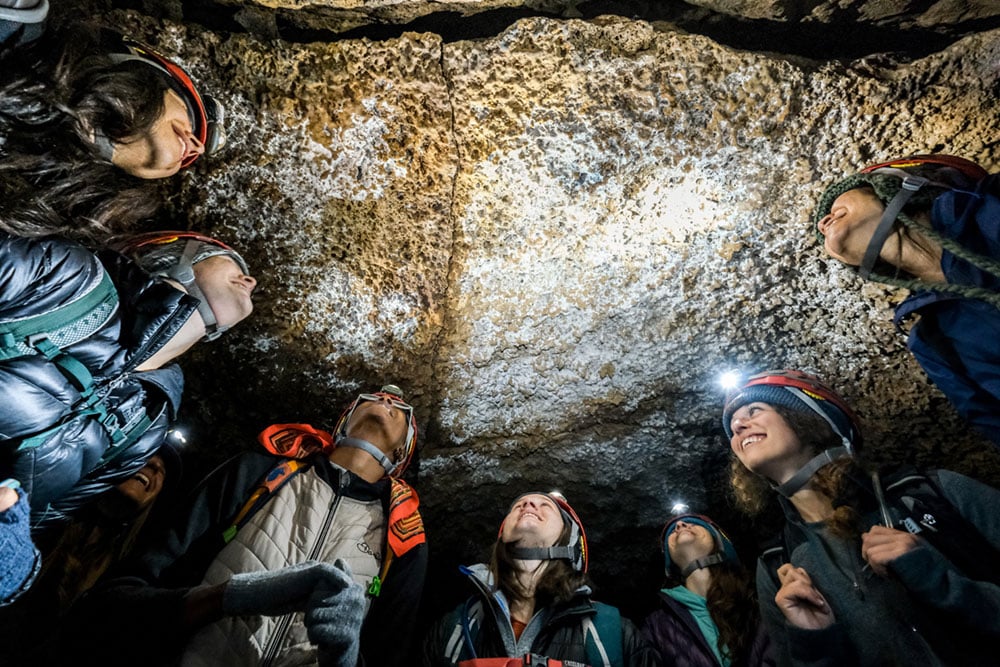
AdventurUs Women
Ellijay, Ga.
When Saveria Tilden talks with people about the retreats AdventurUs Women offers, she hears a lot about other people’s anxieties and worries—the fear of the unknowns. “‘There’s all these reasons why I’m nervous about it—I’m too old, I’m not in shape enough, I haven’t done it in a long time, I don’t have the skills or the right clothes.’ There’s all these barriers that people put upon themselves,” she said. Through a variety of workshops, Tilden hopes to help break down some of these barriers, open to “participants of all gender identities and expressions who feel that a women’s retreat is the right space for them.”
Whether it’s trying mountain biking and paddle boarding for the first time, or soaking up nature through art and journaling workshops, AdventurUs Women creates a space for everyone to try something new. “What you might discover is that you love rock climbing or you might discover that you hate rock climbing, and both are okay because you’re going to have fun doing it,” Tilden said.
The difference between going out with your friends or on a guided trip is in the educational component. “You’re not necessarily being taught how to do those things, you’re just being thrown into it,” Tilden said. “A lot of times, that’s just not fun because you don’t know what you’re doing, you feel awkward, and you feel the pressure of performing in front of a friend or significant other. What are the skills and building blocks to do it so you would have fun? We want you to learn the techniques behind rock climbing and how to tie in so that you leave feeling more empowered.”
The Georgia retreat, offered September 23-26 at Mulberry Gap Adventure Basecamp, is one of three outdoor education events put on throughout the year. Tilden hopes to host all the retreats, including one in Bend, Ore., and Boulder, Colo., on an annual basis while growing the offerings to more locations in the future.
Even as a longtime guide herself, instructing everything from rock climbing and standup paddleboarding to map and compass navigation over the years, Tilden says she still gets out and regularly tries new things to keep her in that beginner mindset. “People should seek out learning skills—learning things, not just doing things—because it really enhances and improves the experience when you can feel confident about doing something,” she said. “When we have that knowledge, when we have people teaching us how to do things properly, and then empowering us to figure out stuff on our own as well, that’s so important.”
College Bound
These college programs are helping prepare the next generation of outdoor enthusiasts, conservationists, and leaders with creative learning opportunities.
Semester-A-Trail
Emory & Henry College, Va.
Did you know you could receive college credit for attempting a thru-hike or section hike of the Appalachian Trail? Students from any college or university can enroll in Emory & Henry’s semester-long outdoor education program for college credit, which includes a wilderness first aid course, backpacking gear and footwear, a hiking budget, workshops, on-trail support, and more.
HBCUs Outside
Various Locations
Started to assist Historically Black College and University students and alumni get outside and become leaders in the industry, HBCUs Outside is growing a team of brand ambassadors, hosting outdoor-focused trips, building up an accessible gear library, and providing scholarships to NOLS outdoor education courses.
May Wildlife Rehabilitation Center
Lees-McRae College, N.C.
This one-of-a-kind training center offers students hands-on learning in all aspects of wildlife rehabilitation, from diet preparation and physical therapy to surgical assistance and public outdoor education. More than 1,500 injured or orphaned animals make their way through the center every year.
National Center for Outdoor & Adventure Education
Wilmington, N.C.
In addition to offering wilderness and emergency medicine training, adult and teen expeditions, and instructor courses, the center provides gap semester courses and college credit for students who want something a little different. From the Appalachian Mountains of North Carolina and Andes Mountains of Ecuador to the waters of the Pacific Northwest, students develop leadership and technical skills, a deeper understanding of environmental sustainability, and wilderness first responder training.
Cover photo: AdventurUs Women’s retreats are designed to introduce participants to a wide range of activities. Photo courtesy of AdventurUs Women
